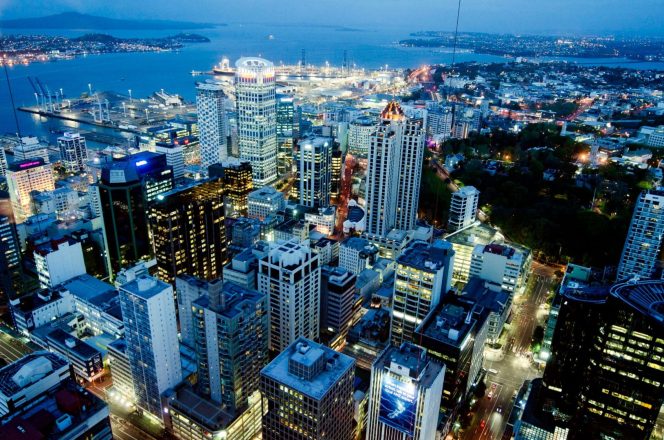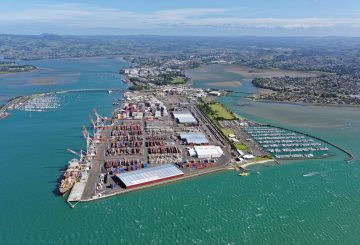New Zealand’s economic growth, commonly referred to as GDP, is one of the lowest globally. However, it is still ahead of some major economies, says the International Monetary Fund (IMF).
The IMF’s recent report highlights several reasons for the slow global growth compared to before the pandemic:
- The COVID-19 pandemic aftermath
- Russia’s invasion of Ukraine
- Rising geoeconomic divides
- Higher interest rates by central banks
- Declining global commodity prices
- Sectoral crises
- High debt causing reduced fiscal support
- Extreme weather events
The IMF predicts a slight decline in global growth, from 3% in 2023 to 2.9% in 2024. Growth in “advanced” economies is expected to dip from 1.5% to 1.4% next year. Meanwhile, “emerging” economies will maintain a 4% growth.
China’s property crisis could further reduce growth, especially for commodity exporting nations like New Zealand.
On a brighter note, the IMF sees fewer global economic risks after financial stabilisation efforts in the US and Switzerland.
Global Growth Figures
New Zealand’s GDP growth stands at 1.1%, expected to decrease slightly to 1% in 2024. When comparing GDP growth rates across 25 nations, Macao leads with a 27.2% prediction for 2024, while Equatorial Guinea is at the bottom, forecasted to decline by 5.5%. New Zealand, along with other advanced economies like Germany, Japan, and Australia, is near the lower end of this list.
Inflation Outlook
Global inflation is predicted to decrease from 6.9% in 2023 to 5.8% in 2024. Factors contributing to this drop include stricter monetary policies and reduced commodity prices. In 2024, consumer prices are expected to rise more rapidly in Australia (4%) and Singapore (3.5%) than in New Zealand (2.7%).
Unemployment Predictions
New Zealand is likely to experience increased unemployment, rising from the current 3.6% to 4.9% by the end of 2024. This rate is comparable to Australia’s projected 4.3% for the same period. Other regional advanced economies, like Japan and Hong Kong, forecast lower unemployment rates.
Concerns Over Climate Change and Geopolitics
The IMF warns of potential spikes in food and energy prices due to severe weather events or geopolitical upheavals. For instance, Russia’s Ukraine invasion in 2022 led to increased costs for fuel, food, and fertilisers. Any similar future disruptions could lead to further market volatility. The IMF urges nations to accelerate the adoption of green technologies and address climate change impacts.






























































